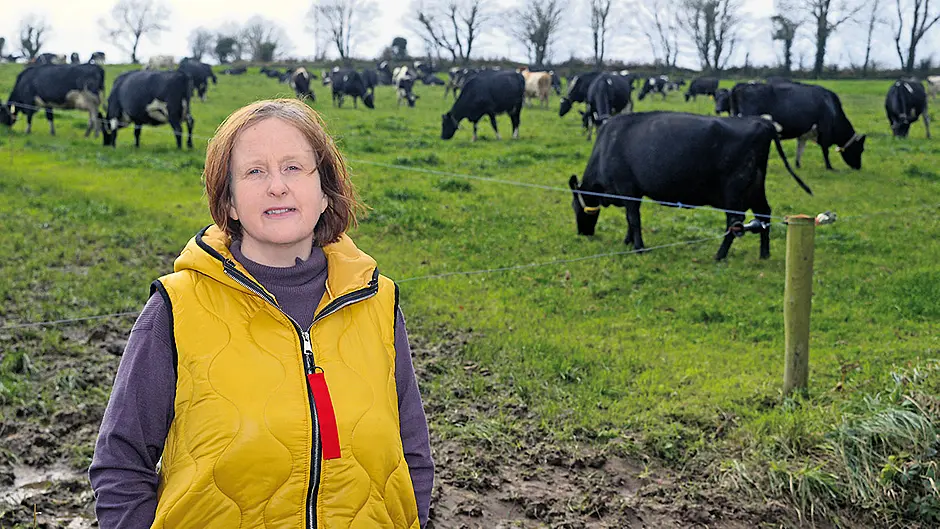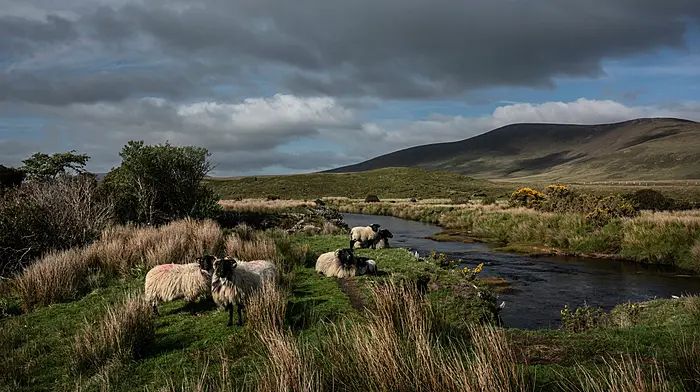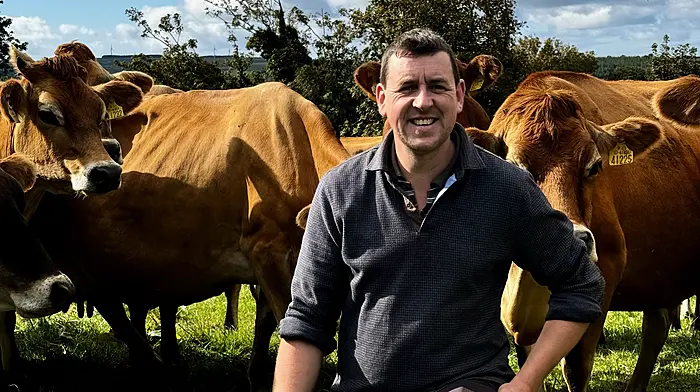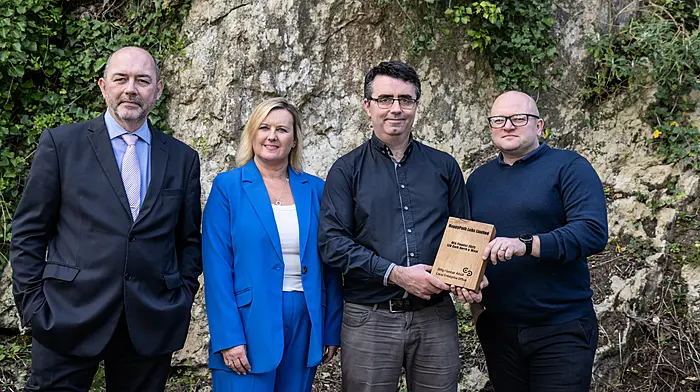West Cork ICMSA has called for a new investment ceiling to be applied to TAMS applications from January 1st, 2021 that would allow farmers to further develop the sustainability of their farms.
Eileen Calnan, chairperson of West Cork ICMSA Farm & Rural Affairs, said that the current ceilings have been in place since 2014 and the period since has seen unprecedented investment by farmers as the sector incorporates the abolition of milk quotas and the greater focus on environmental issues. Ms Calnan said that the current CAP programming period comes to an end on December 31st and the decision of Minister McConalogue to continue with TAMS for 2021 is a welcome development.
A looming problem, according to the Clonakilty farmer, is the precedent that has a new investment ceiling announced at the start of each CAP programming period. ‘The reality for many farmers is that they have reached the maximum investment ceiling for grant aid in the 2014-2020 period and many still have investment requirements on their farms. The delay in finalising CAP – where we’re now looking at 2023 as being the official new CAP commencement year – will mean a really damaging break in the momentum that TAMS had built up.
‘It’s certainly not the fault of the farmers that it’s going to take an extra two years to get the next CAP programme agreed and it’s desperately unfair that badly-needed grant aid could be unavailable till then,’ said Ms Calnan.
ICMSA is proposing that TAMS applications after January 1st, 2021 should have a new investment ceiling applied and that grant aid received between 2014 and 2020 should have no impact on an individual farmer’s eligibility for grant aid.
‘If implemented, such a proposal would ensure that farmers can continue to invest in environmental investments on their farms and would also provide a badly needed boost into the wider rural economy,’ she concluded.










